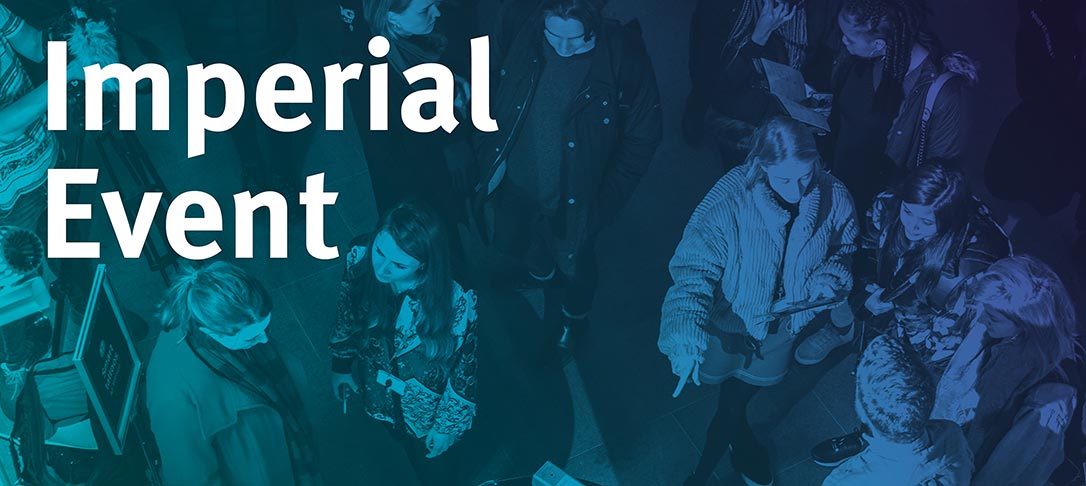
Cradle-to-gate life cycle assessment of aqueous aluminium-ion batteries
Thursday 24th February 2022, 12.30-13.30 (UK time) Nicole Melzack, University of Southampton
Abstract:
“The earlier we start assessing the environmental impact of our technology, the more chance we have at developing an end-product with minimal environmental impacts. The drive to electrify our infrastructure comes from the key belief that this will lead to reduced CO2 emissions and a reduced impact on the environment. Therefore, with battery technology it is important to fully understand the environmental impacts before development and commercialisation. In this talk, I will discuss a cradle-to-gate LCA for a new technology – aqueous aluminium-ion batteries – and compare them to existing technology. The results will be used to both suggest development directions, and battery performance goals.”
Speaker’s bio:
Nicole graduated from The University of Southampton in 2014 with an MEng in Space Systems Engineering. They then spent four years working as a Spacecraft Thermal Engineer, specifically on calibration of instruments for ESA’s Meteosat satellites. Later, they moved to the engineering design of secondary energy storage for spacecraft – including the design, build and testing of battery packs for both satellites and launch vehicles. During their time in the space industry, Nicole became a chartered engineer with the Institute of Mechanical Engineers.
Nicole realised that they wanted to use their skills to move further into the energy storage sector as they became focussed on sustainable living in general and wanted to align their work with their values. They began their PhD in at The University of Southampton in September 2020, focussing on the development of aqueous aluminium-ion batteries with a holistic approach – considering both the environmental impacts and performance metrics of the design as it progresses. Nicole has performed a life-cycle assessment of the battery and is investigating the degradation mechanisms of the system, alongside evaluating new materials and charge regimes.
Nicole lives with Dissociative Identity Disorder (formerly called multiple personality disorder) which presents challenges in their day-to-day life. They are a strong advocate for EDI (Equality, Diversity and Inclusion), and specifically push disability to be part of the conversation. They are part of the organising team for Disabled Empowerment in Higher Education Month (DEHEM) and run a mental health non-profit – blink mental health.
The Imperial Life Cycle Network’s Journal Club brings together researchers (staff and students) working with, and/or interested in, life cycle approaches to discuss relevant topics, facilitate knowledge sharing, network and build collaborations. The Journal Club is open to all academics. To register for the Journal club please email the Network using your university email address. You will then receive further information, including the link for the online meeting, shortly before the date of the Journal Club.